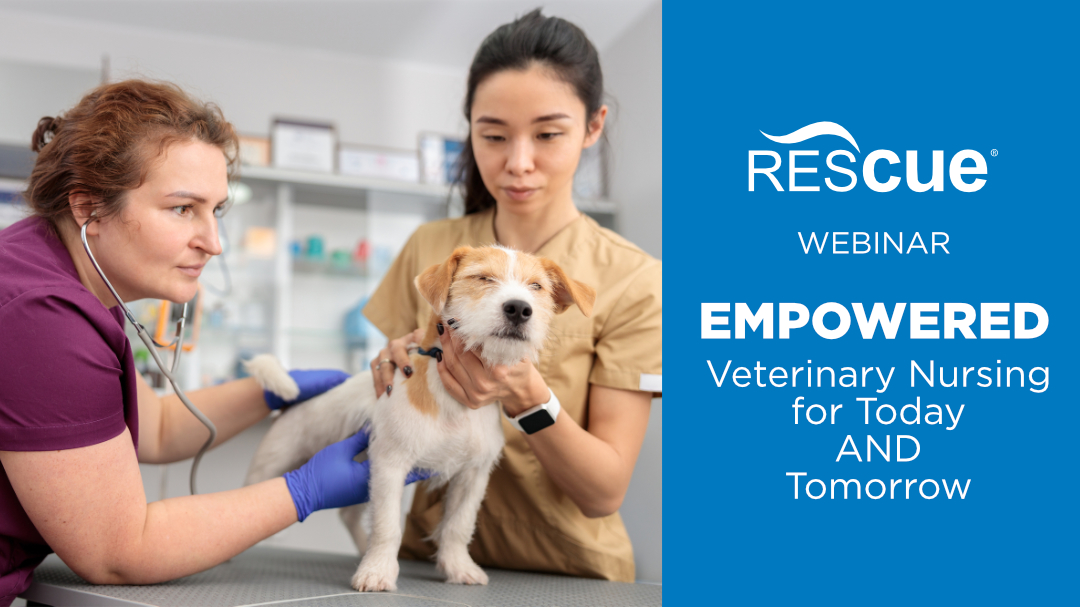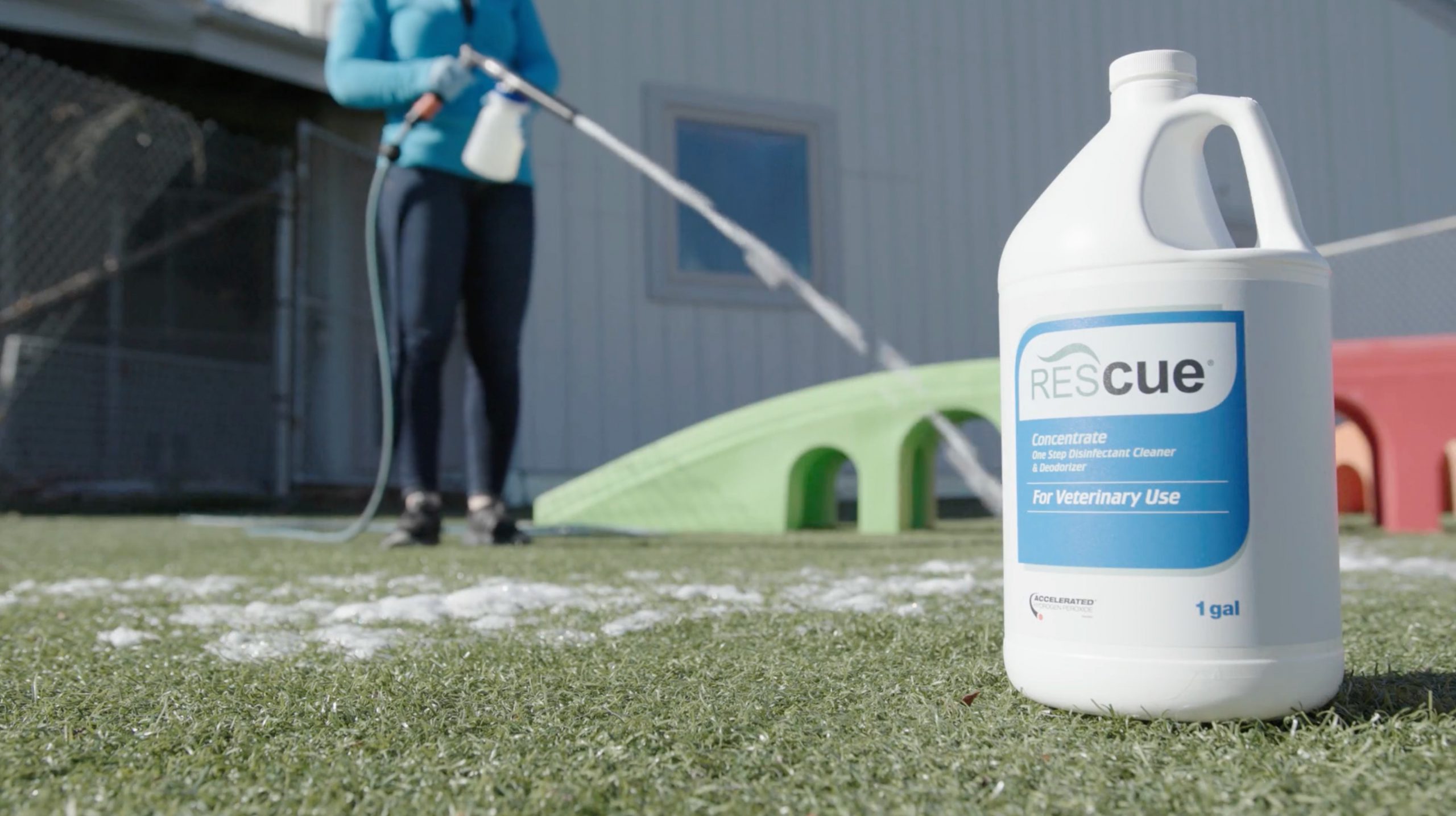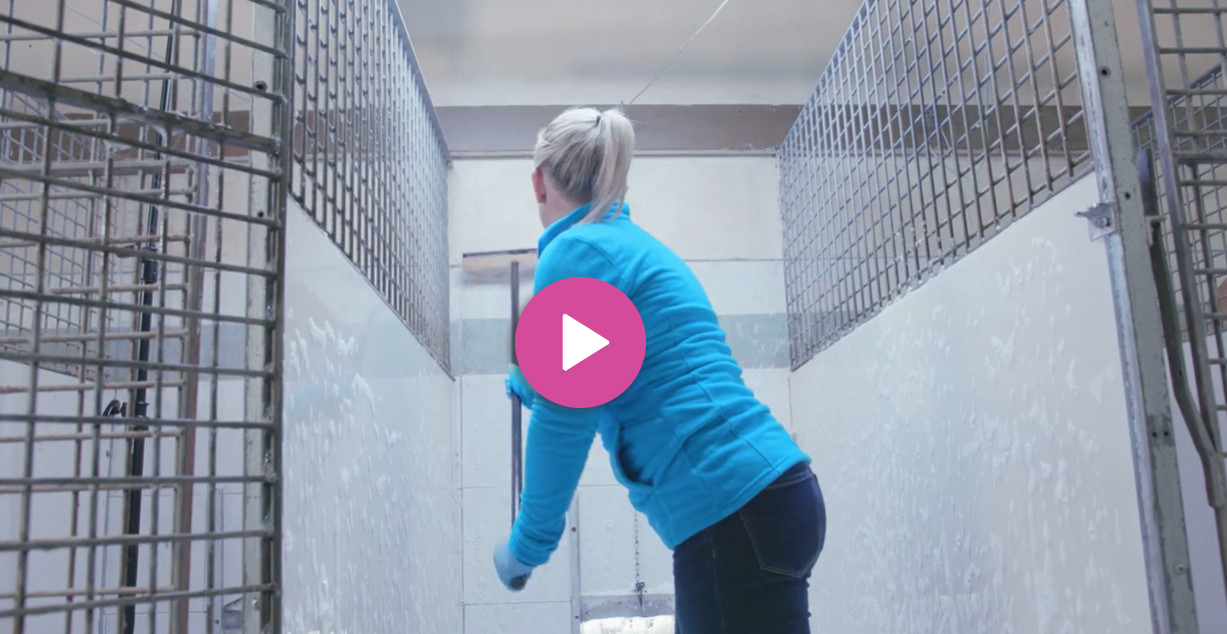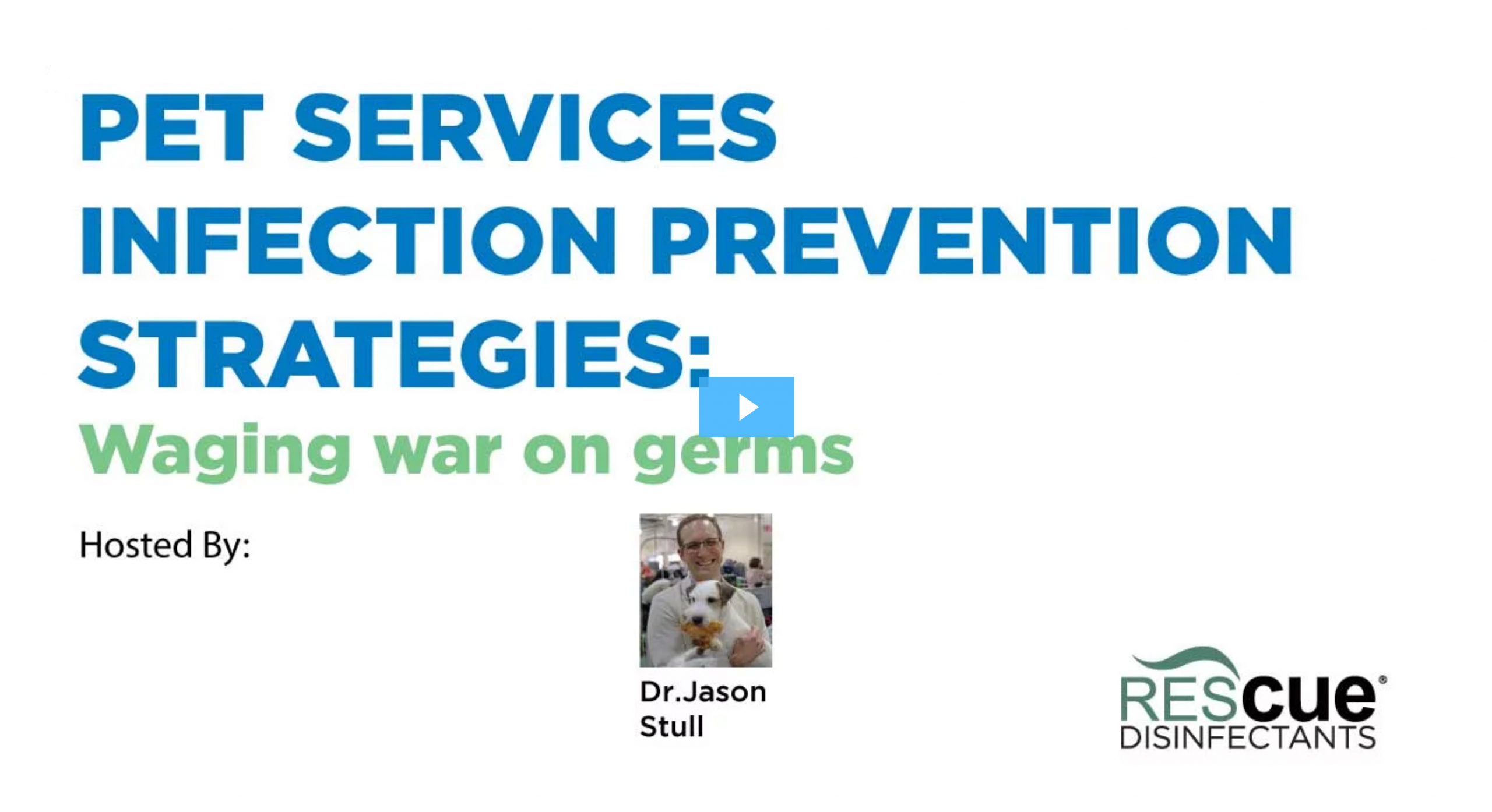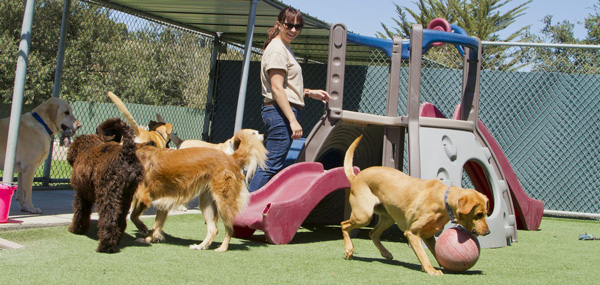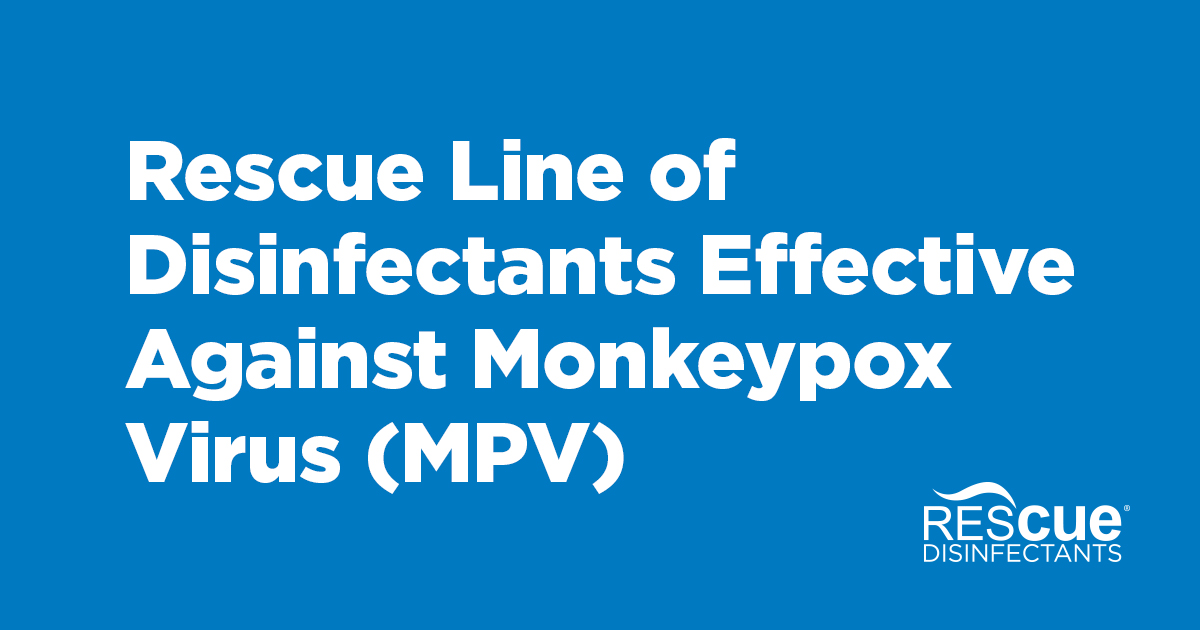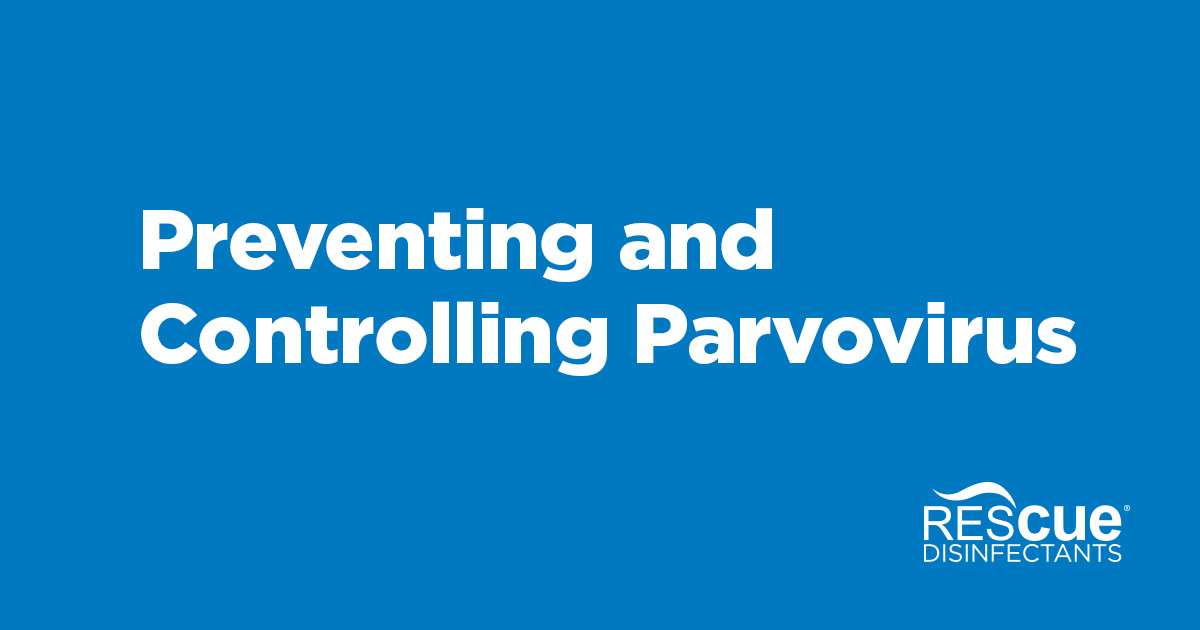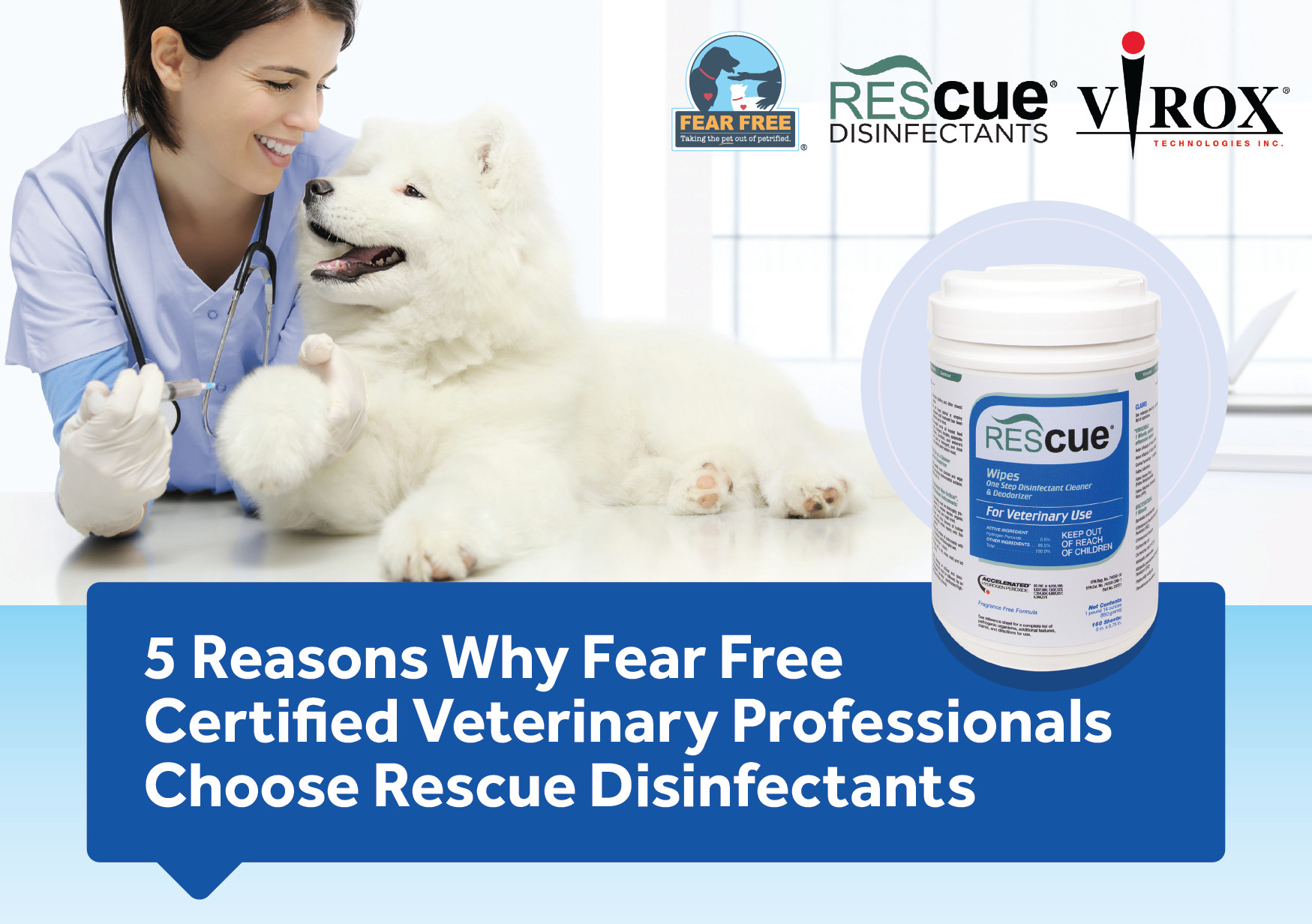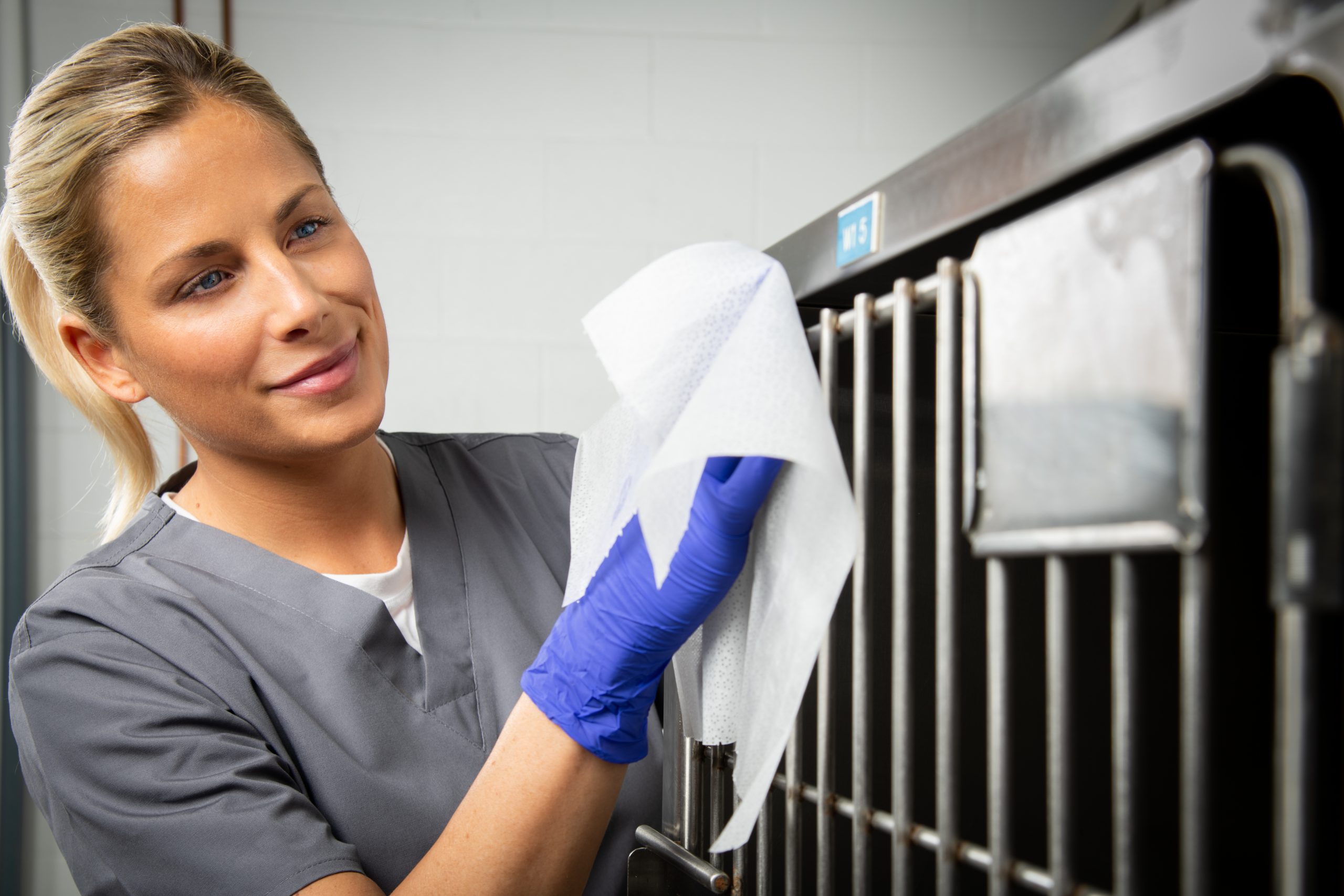Virox Technologies, the makers of Rescue in partnership with Fear Free presents Angela Logsdon-Hoover, LVT RVT CVT ABCDT CCFP who discusses how Veterinary Technicians are more important now than ever before. Learn how to continually grow in your career as a Veterinary Technician while making a big impact in the
Artificial turf is great for pets to play on, but can harbor pathogens and lead to the spread of infection. It is important that artificial turf in your yards or other areas is regularly cleaned and disinfected to keep pets healthy and safe. Start with Using the Right Equipment For
6 Steps to Disinfecting a Kennel First, remove any items from the kennel, including food and water bowls, toys, and any other objects. Remove any visible soils and liquids, as well as possible, to allow for effective disinfection.When using the Rescue™ Concentrate for daily disinfection, we recommend using a dilution
February 21, 2023
Virox Technologies and The National Association Of Veterinary Technicians in America Launch New Program to Create Infection Prevention Leaders
Hospital-associated infections (HAIs) in veterinary medicine can result in damaging health, financial and social consequences affecting patients, clients and staff. Over a 5-year period, 82% of veterinary teaching hospitals reported at least one outbreak while 45% experienced multiple outbreaks.[i] However, according to a paper on HAIs published in Veterinary Clinics
How Payment Tools Can Reduce the Pain in the System and Expand Healthcare Service Offerings Virox collaborated with Heather Cammisa, Chief Enterprise Officer, of Open Door Veterinary Collective to expand on research offering insight into solutions that can expand health care considering the financial barriers that exist today. Special thanks
November 3, 2022
[Webinar] Pet Services Infection Prevention Strategies
A proven approach for keeping illness out of pet boarding, daycare, training, veterinary and grooming facilities Pet boarding, daycare, training, veterinary, and grooming facilities have unique requirements for keeping dog and cat guests healthy. The close contact with other animals and people, indoor air quality, and varied immunity of the
Keeping Dogs Happier and More Relaxed in Boarding and Daycare Facilities With Fear Free’s Lead Trainer Mikkel Becker Fear Free’s Lead Trainer Mikkel Becker provides easy and practical tips you can apply to create a more Fear Free, welcoming environment that keeps dogs in a happier, more relaxed state during
In cases of emerging viral pathogens such as Monkeypox Virus (MPV), when there is no test that can be conducted to validate the efficacy of a disinfectant, the EPA utilizes their Emerging Viral Pathogens Policy to determine the expected efficacy of a disinfectant against an emerging virus. In the case
July 20, 2022
Preventing and Controlling Parvo (Canine Parvovirus)
Canine Parvovirus (CPV) or “Parvo” as it is commonly known usually attacks the canine intestinal track. It is highly infectious and can affect all dogs, but particularly unvaccinated dogs and puppies or young adults. While worrisome to a dog owner, Parvo cannot be transmitted for an infected dog to humans.
Safety – Rescue Disinfectants are non-toxic and contain no harsh chemicals, which makes them safe for use around animals.Environmental Sustainability – The active ingredient in Rescue Disinfectants is hydrogen peroxide, which breaks down into oxygen and water, which makes it environmentally friendly.Efficacy – Rescue Disinfectants kill even the toughest pathogens
June 8, 2022
How to clean and disinfect a cage
Cleaning and disinfecting are different processes but both essential to any veterinary disinfection protocol. Exam rooms and cages should be cleaned and disinfected immediately after use to prevent any disease risk and keep things moving efficiently. Here is how to effectively clean your kennel or cage in four steps: 1.
Understanding the importance of contact time is key to choosing a disinfectant and using it properly. “Contact time” simply means the length of time that a disinfectant must remain wet on a surface to successfully kill pathogens. Different Chemicals Will Have Different Contact Times All disinfectants have a contact time
Ask Us A Question!
Thanks for visiting us. If you would like to learn more about Rescue™ Disinfectants, or would like to try one of our Rescue products at your facility, contact us!
Rescue™ your facility, today.

